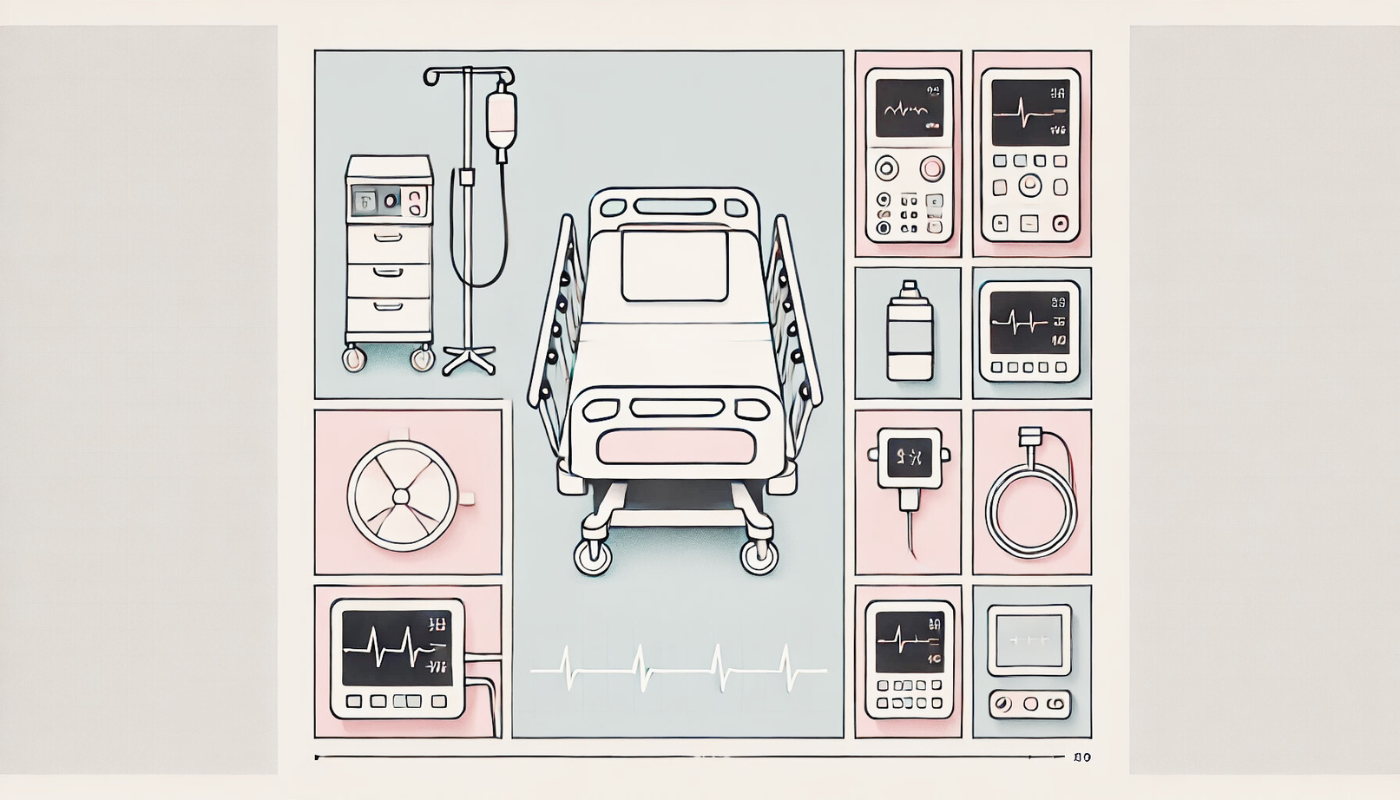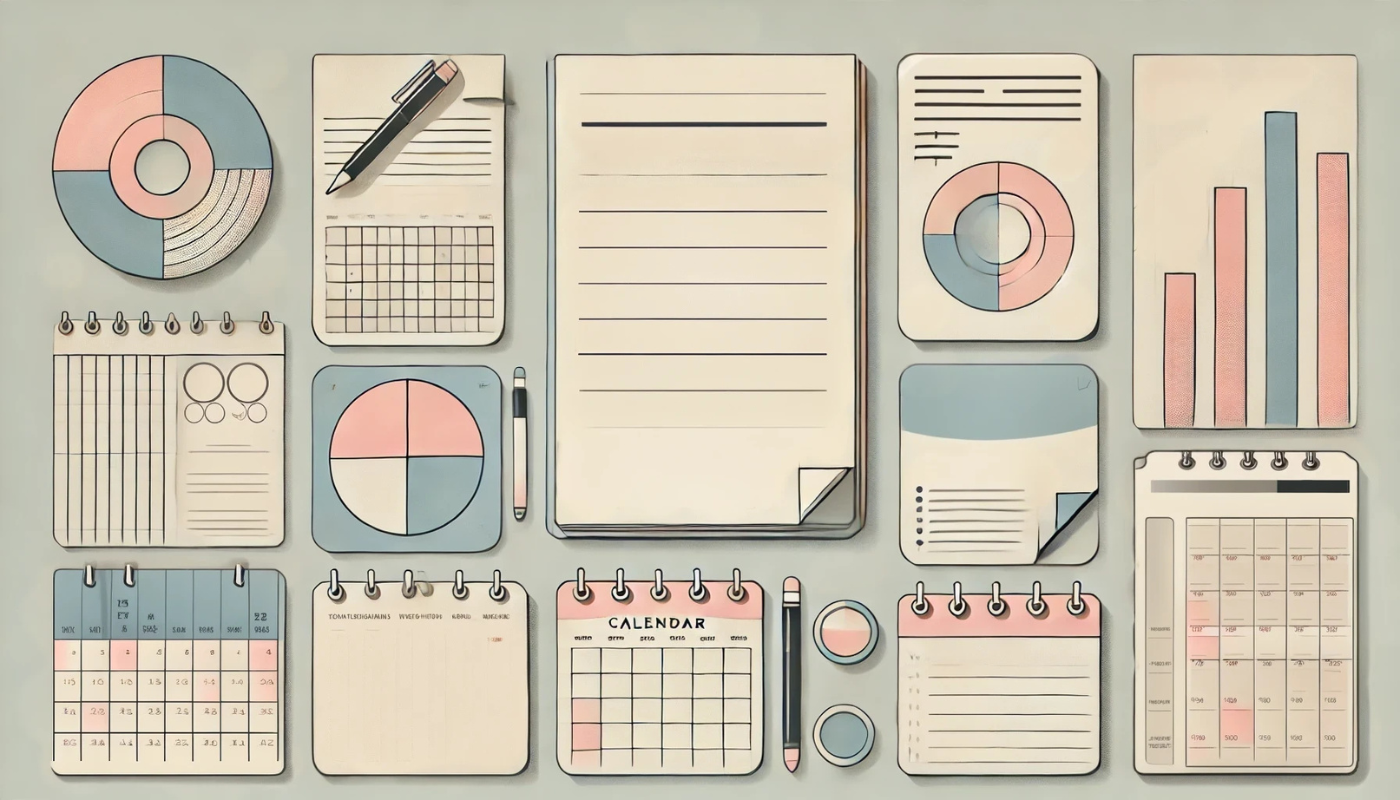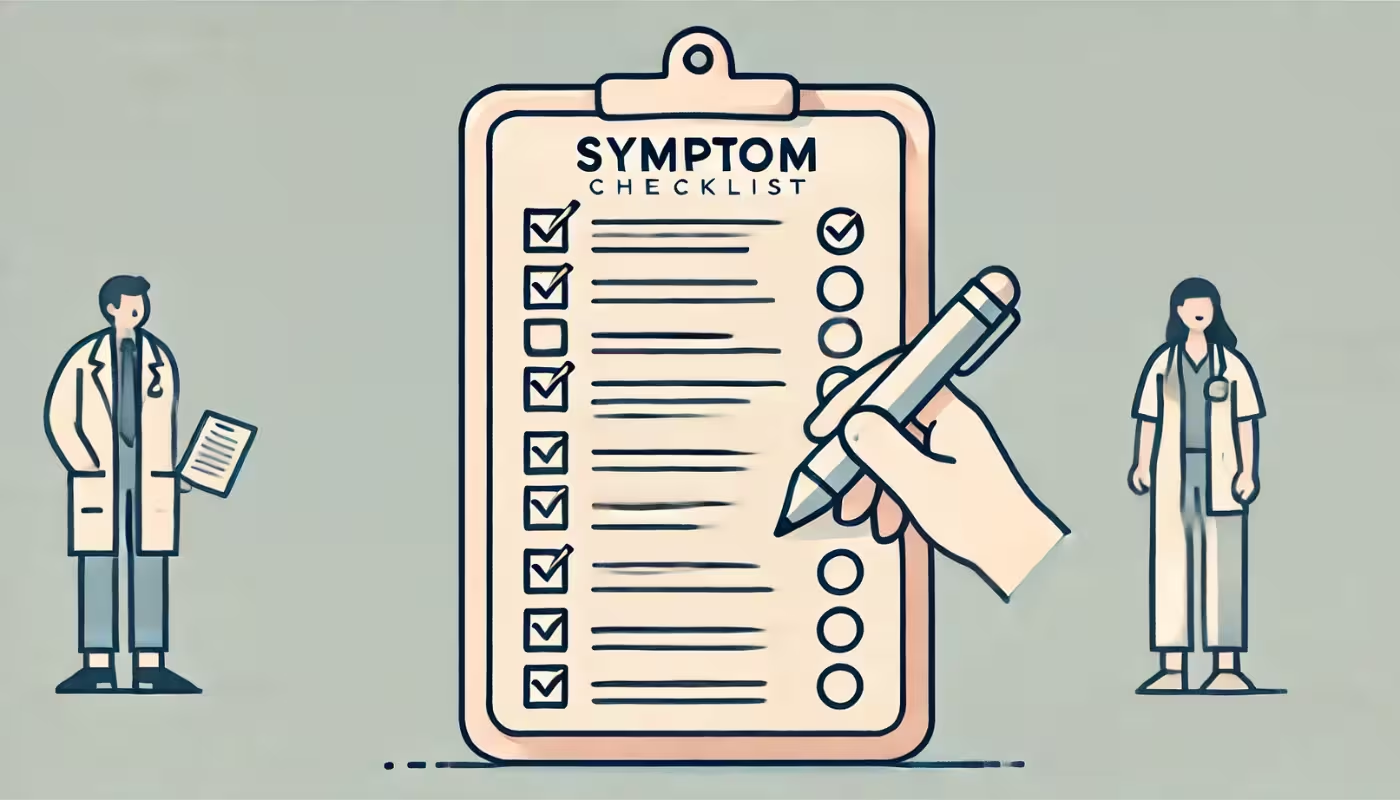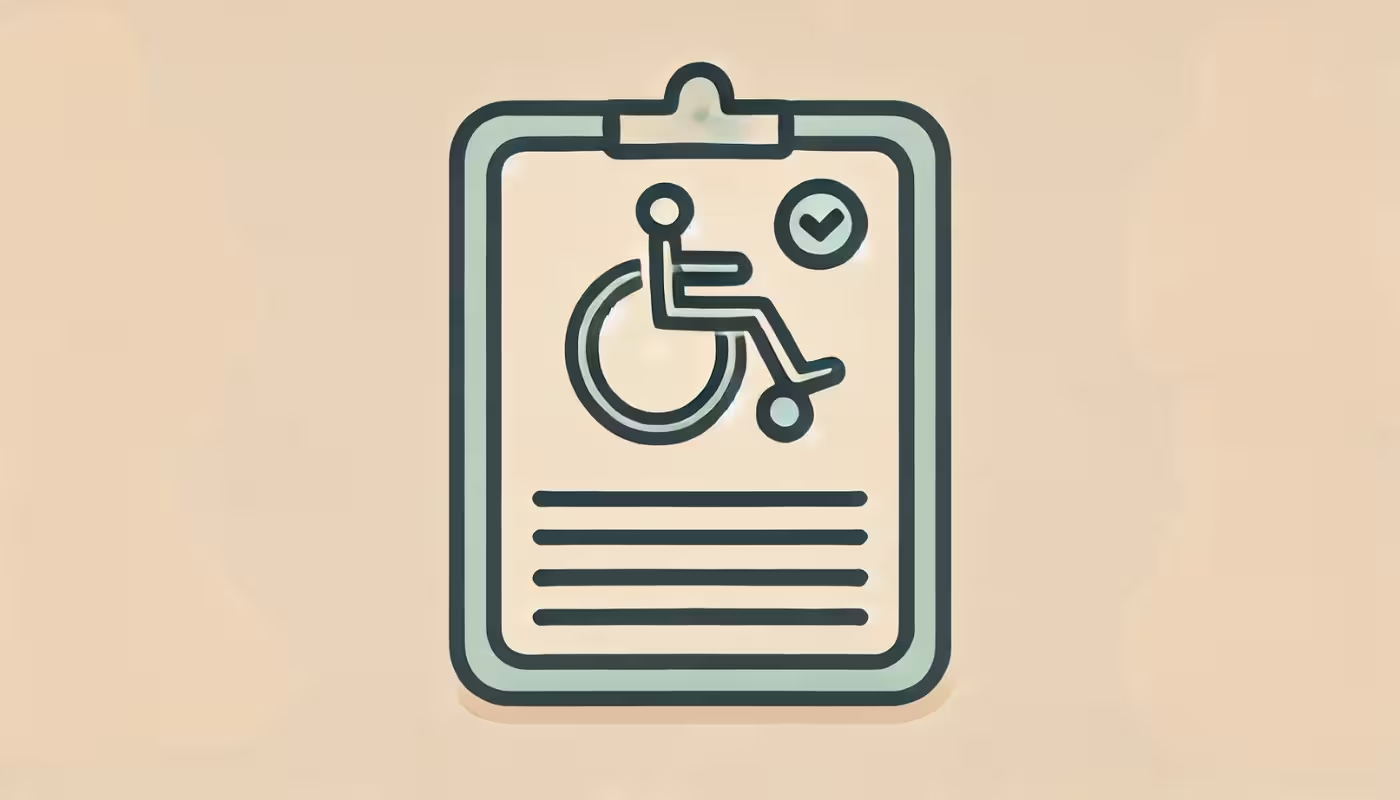Tag: personal medical history
-

When Someone Is in the ICU Without a Known Cause
When a loved one is suddenly admitted to the ICU for an unknown reason, it can be an overwhelming and emotional experience. My uncle recently found himself in this situation—unconscious for days with no clear cause and my aunt feeling overwhelmed. Navigating this challenging time taught me the importance of being proactive and informed. I…
-

5 Effective Ways to Track Symptom Patterns
Monitoring your symptoms over time can provide valuable insights into your health, aid in early detection of medical conditions, and improve communication with healthcare providers. Keeping track of symptom patterns helps in managing chronic illnesses, identifying triggers, and assessing the effectiveness of treatments. Here are five effective methods to track symptom patterns to better manage…
-

Health Monitoring for Chronic Conditions
Managing chronic health conditions? Here’s your complete guide to daily health tracking. Quick Facts: Here’s what you need to track each day: Vital Sign When to Check Normal Range Red Flag Blood Pressure 2x daily 90/60-120/80 >140/90 Heart Rate Morning/Evening 60-100 <60 or >100 Temperature If feeling ill 97.8-99.1°F >100.4°F Blood Oxygen 2x daily 95-100%…
-

Monitor ADHD Treatment with My Free Google Sheet
Keeping a log can help you be more mindful in tracking your ADHD medication usage and its effects on your daily life. By consistently logging your experiences, you can gain valuable insights into how your medication is working and make informed decisions about your treatment. Tracking this information over time can provide a clearer picture…
-

5 Ways to Track Your Symptoms
When it comes to managing your health, tracking symptoms can be incredibly valuable. Whether you’re dealing with a chronic condition or just trying to stay on top of your overall wellness, documenting symptoms can help you and your healthcare provider identify patterns, triggers, and the effectiveness of treatments. Here are five simple and effective ways…
-

Empowering Individuals with Disabilities with PHR
For individuals with disabilities, managing health care can be an even greater challenge, especially when accessibility needs complicate the process. Maintaining a personal medical history—a centralized, easy-to-access record of all your health information—can help make managing health easier and more efficient. It not only ensures that vital information is always at hand, but it also…
-
Manage Your PHR with a Smart Assistant
In today’s fast-paced world, it’s easy to lose track of health tasks like taking medications, requesting refills, or following up with doctors. Smart assistants—like Amazon Alexa, Google Assistant, and Apple’s Siri—are becoming powerful tools in helping us stay organized and on top of our health. With just a few voice commands, these digital assistants can…
-
Tips for Keeping Your Health Record Up to Date
Keeping your personal health record (PHR) up to date is easier than you might think, and it’s so worth it. A PHR is basically your health history in one place—everything from medications to surgeries to allergies. Staying on top of it ensures you always have the latest info at your fingertips, which can be a…
-
Personal Health Records Can Save Lives
Imagine this: you’re out for a hike when, suddenly, you start feeling lightheaded. Or maybe you’re in a car accident and taken to the hospital unconscious. In these moments, when every second counts, how quickly emergency responders can access your critical health information could be the difference between life and death. Personal health records (PHRs)…